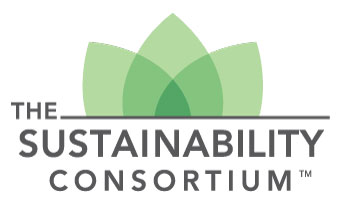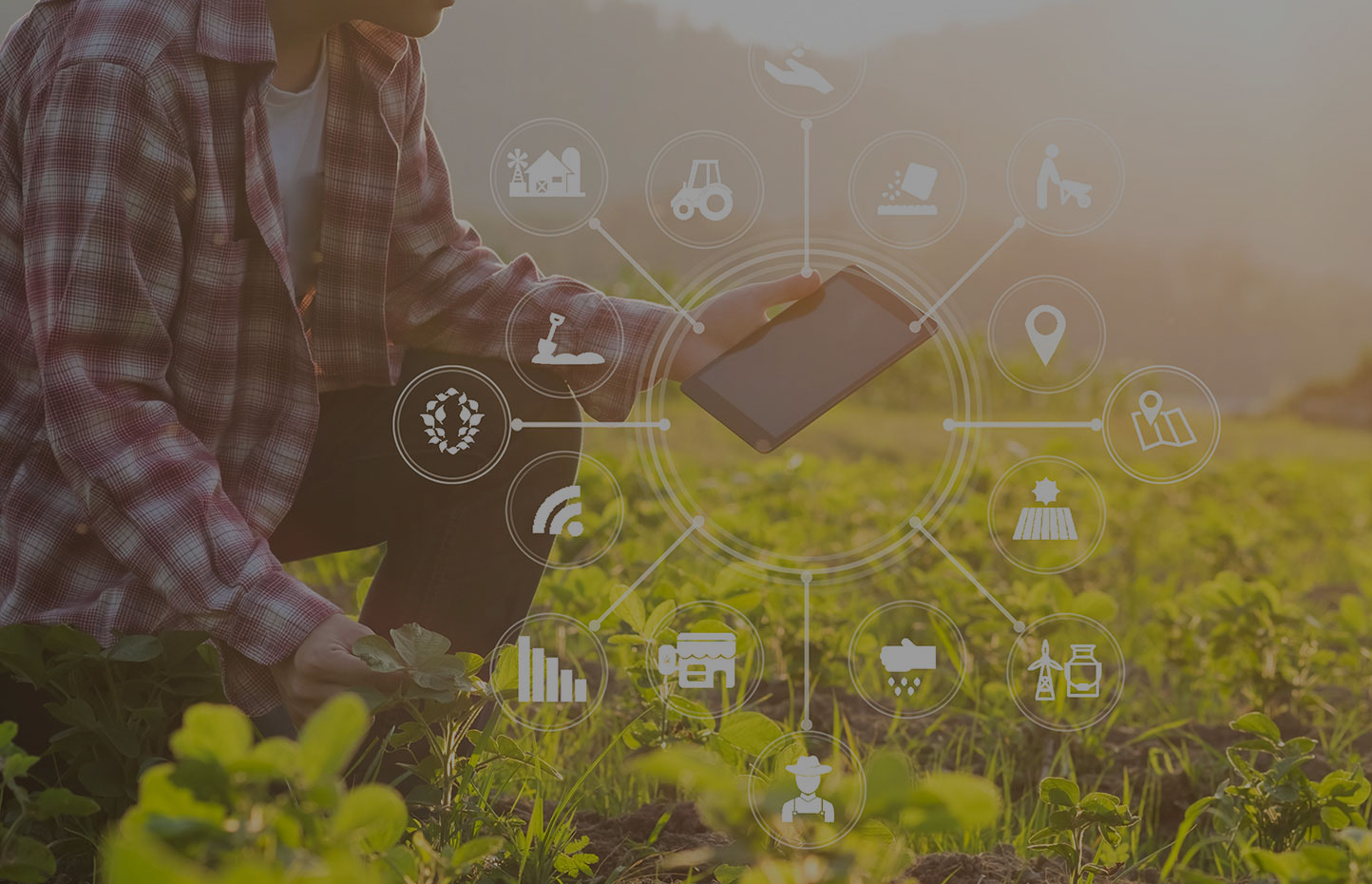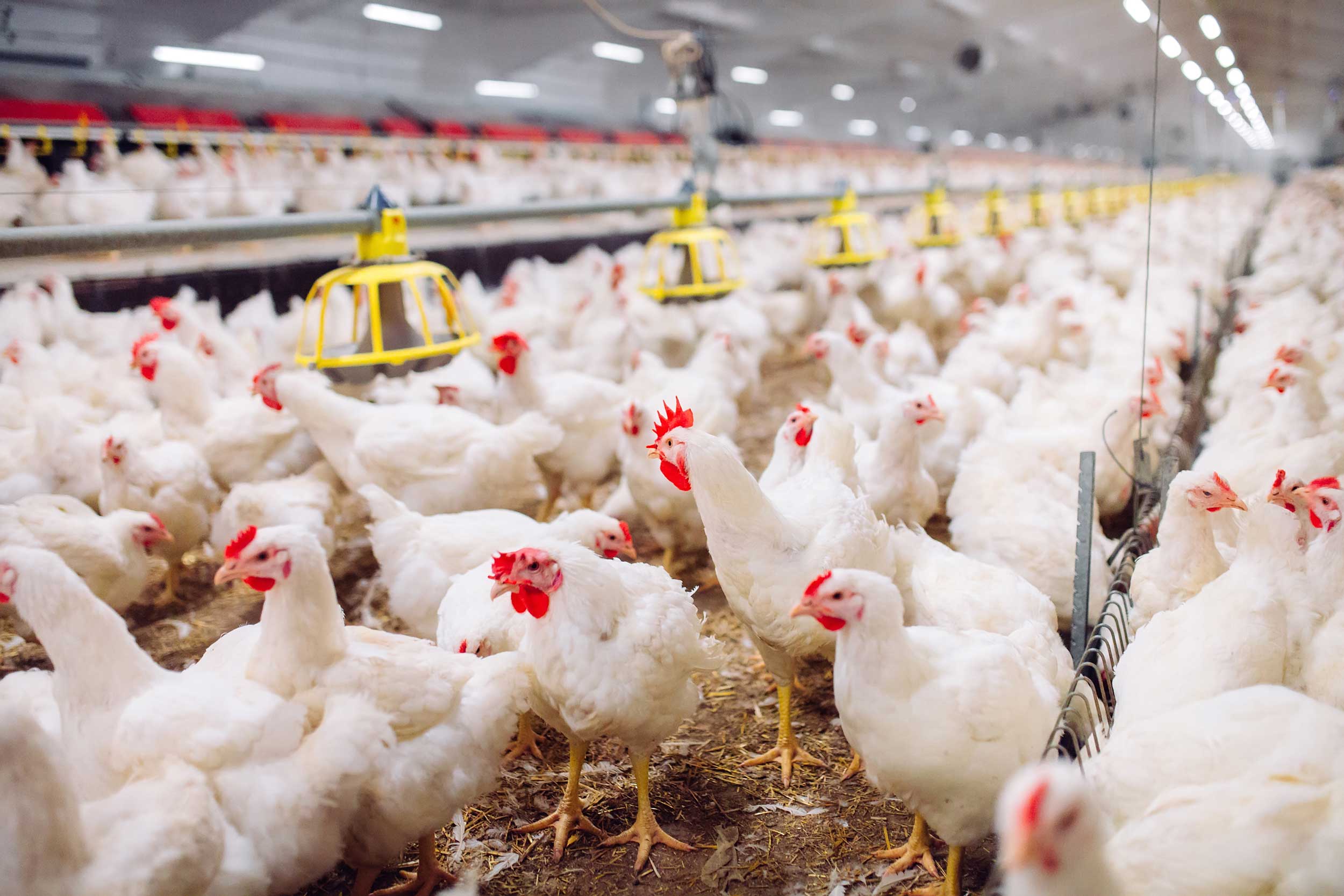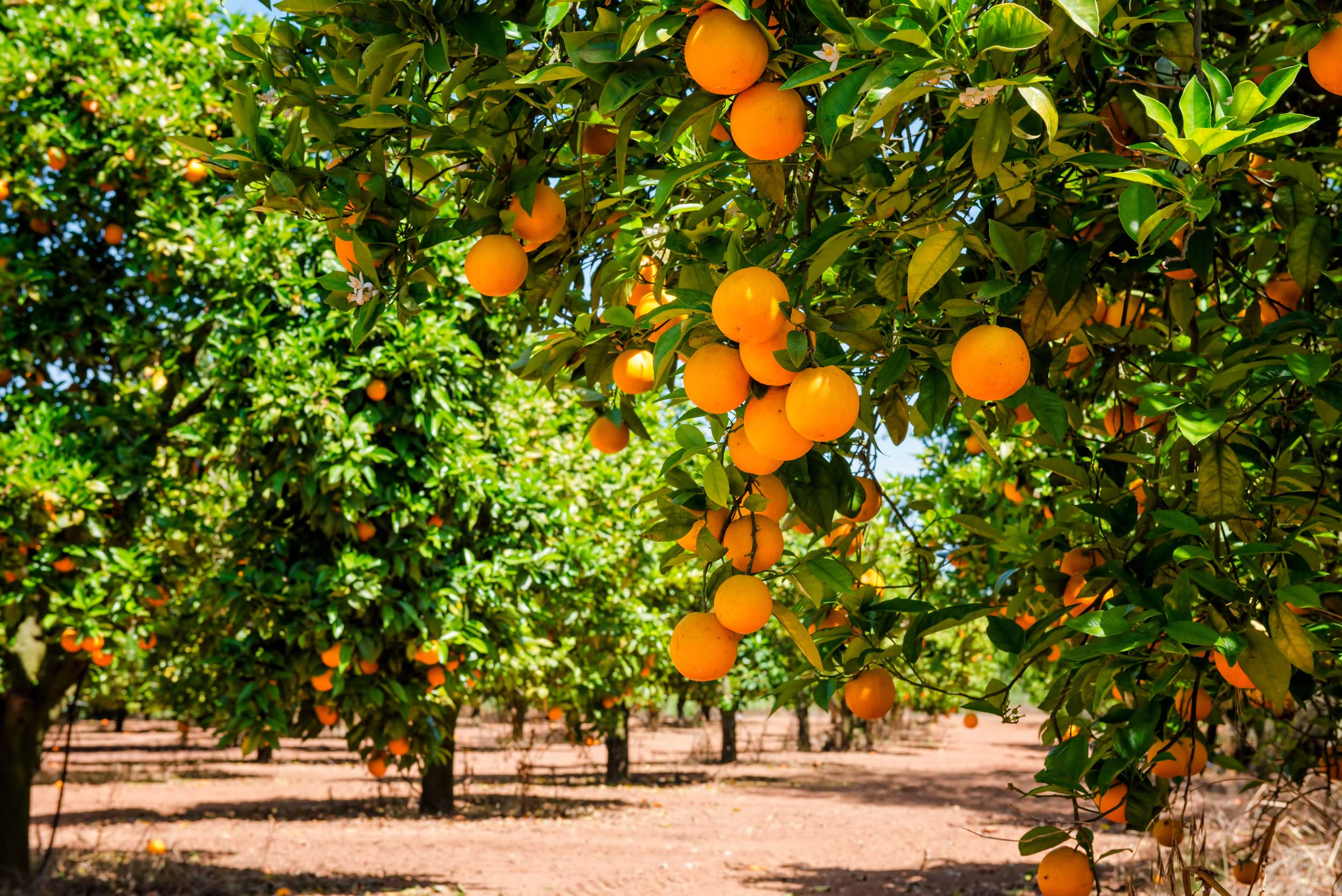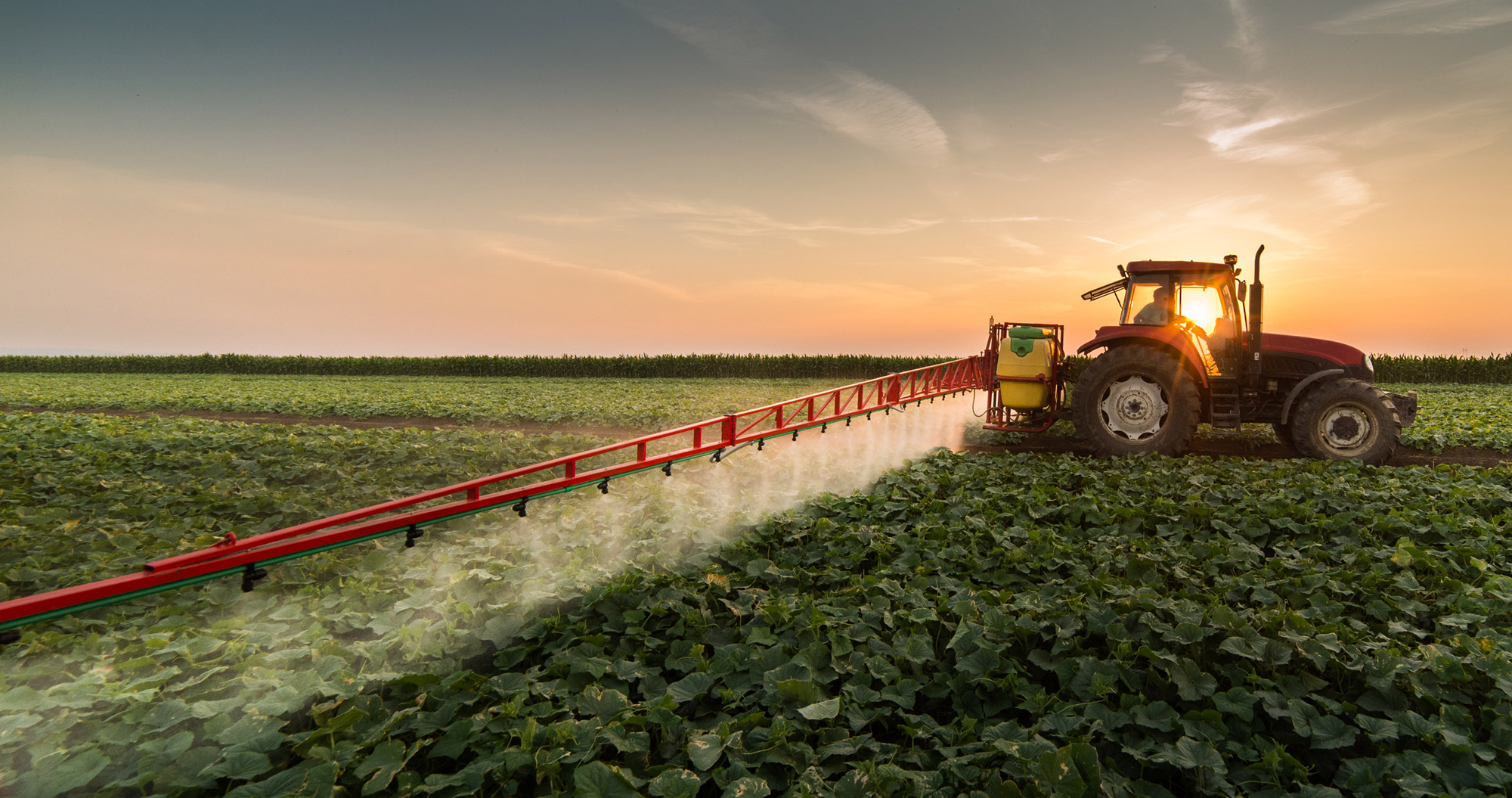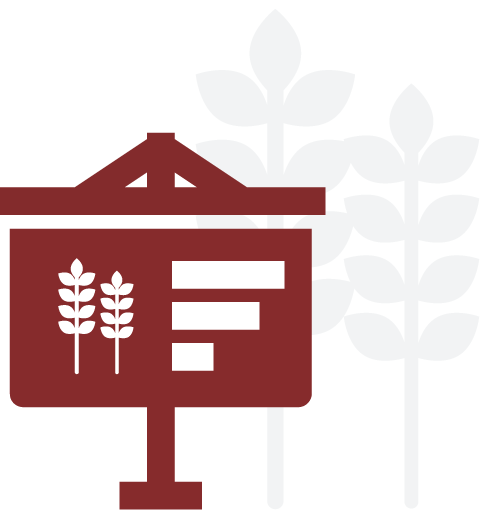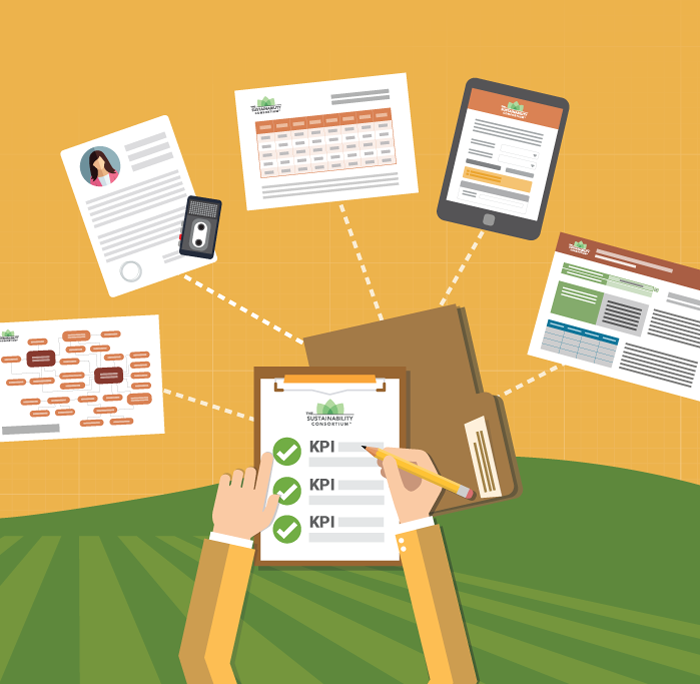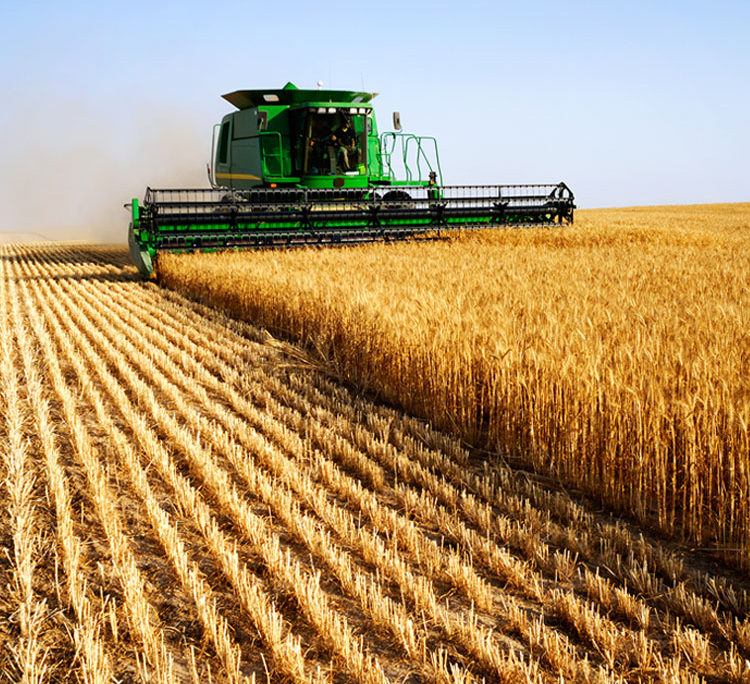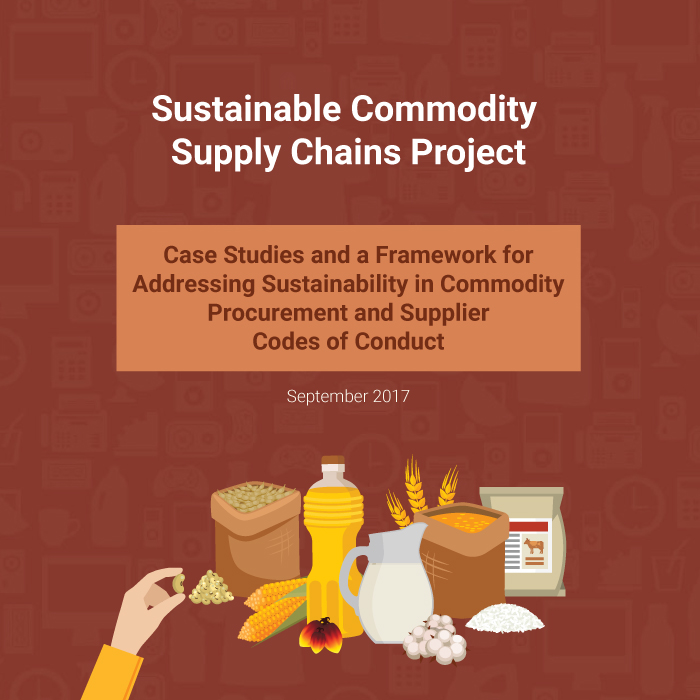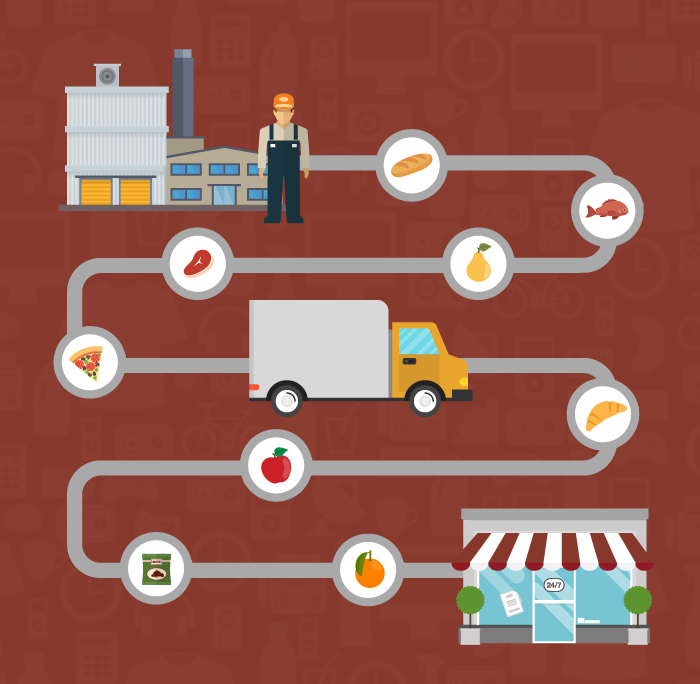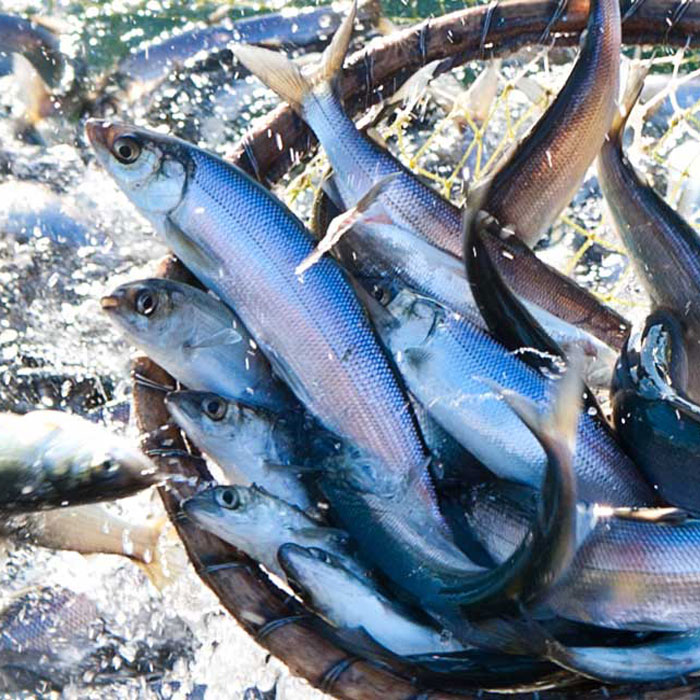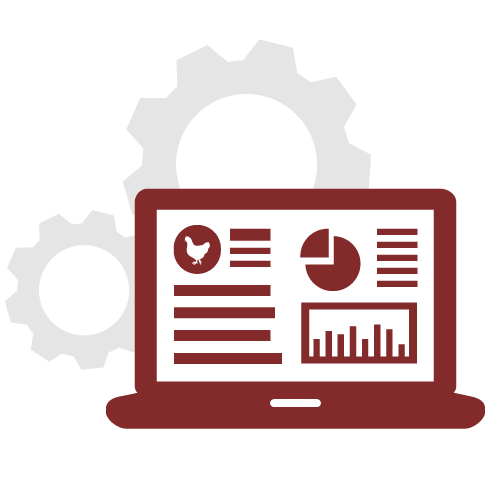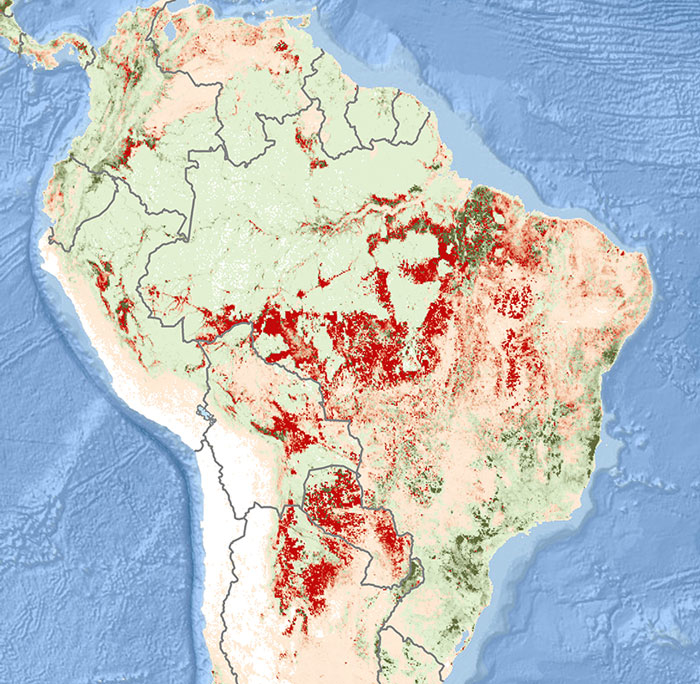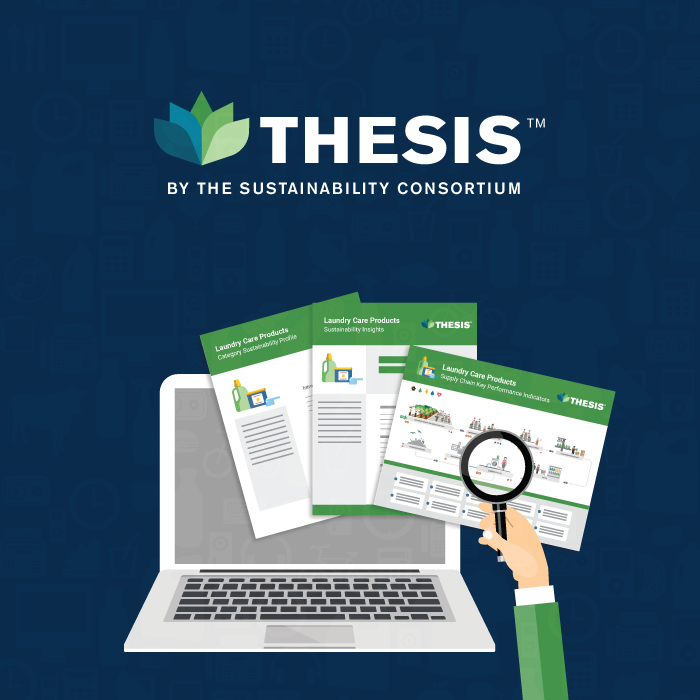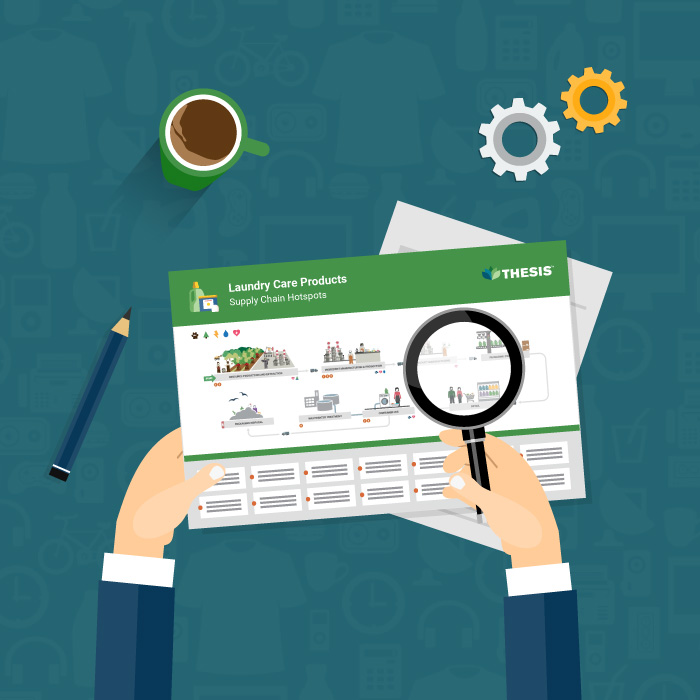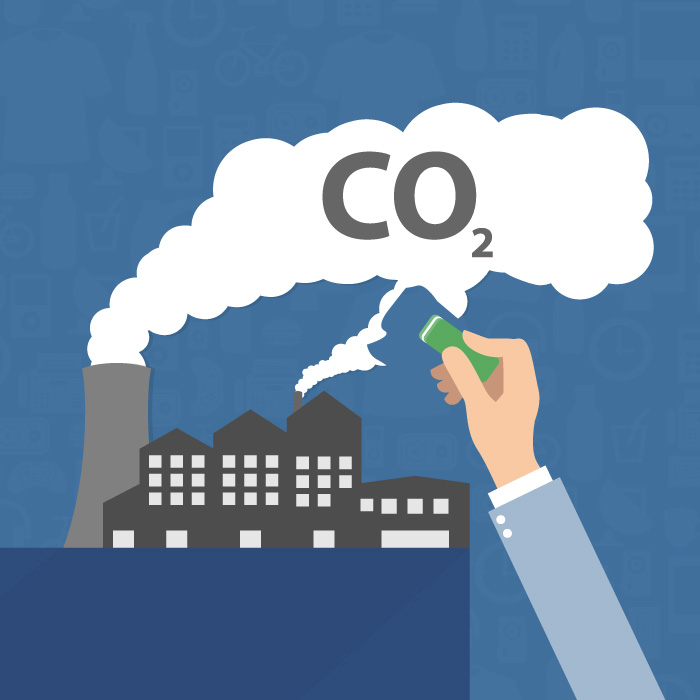Agricultural Systems Projects
Gaining transparency through measurement, reporting and aligning data systems across the value chain is a critical step in the path towards improving the sustainability of agricultural systems. TSC members identify and lead transformative projects to drive alignment and innovation in agriculture. TSC is dedicated to working with companies and organizations to better align their measurement and reporting systems and innovate to drive impact at scale. TSC has led many projects over the years to address specific barriers and opportunities to drive sustainable agricultural systems.
Data Landscape Mapping in Agricultural Supply Chains
The first-ever report mapping agriculture technology platforms and sustainability metrics from farm to retail. The report identifies key technologies and platforms currently in place to collect and manage farm data. This report also documents metrics alignment opportunities that will help increase the flow of sustainability data in the agricultural sector.
Agriculture Metrics Task Force
The Ag Metrics Task Force is an effort by The Sustainability Consortium to better understand how agricultural data flows through supply chains and to use that information to reduce the burden of reporting farm data through the supply chain. The Task Force also shares case studies on best practices in agricultural data collection and field-level sustainability projects to drive impact at scale.
Sustainable Commodities Framework
TSC’s Commodity Mapping Tool is designed to help members visualize and communicate the risks present in their product supply chains. The Commodity Mapping Tool can help identify where commodities are produced for different supply chains, what potential issues or risks occur in these commodity producing regions and how a user can address these issues by utilizing TSC KPIs and working with partners on the ground.
Sustainable Coffee Challenge
Sustainable Coffee Challenge was formed “to make coffee the first sustainable agricultural product in the world”. The Sustainability Consortium (TSC) is a proud member of the Sustainable Coffee Challenge, which is being led by one of TSC’s key partners, Conservation International. As part of our commitment to the Challenge, TSC is releasing its “toolkit” of products in the Coffee category into the public domain. In doing so, we encourage commercial and non-profit organizations to use these tools to learn more about hotspots and improvement opportunities in the coffee supply chain and use the research reports as a basis for raising awareness and focusing action.
The Fate of Food in the DSD System
TSC’s food waste and hunger taskforce seeks to understand how and why food is moving in the Direct Store Delivery system and hopes to enable manufacturers, distributors, and retailers to be at the heart of community-based solutions that expand donation of appropriate foods where possible.
Seafood Sustainability Principles
The Sustainability Consortium held a Seafood Workshop at the Member Summit in October of 2013. From this workshop, TSC drafted principles and discussed how they will be incorporated into TSC Key Performance Indicators. The purpose of the project was to develop principles used by TSC and the supply chain to evaluate seafood sustainability programs. “Program” refers to a wide range of sustainability efforts including rating systems, certification schemes, or assessment tools.
PEF Alignment
The Ag Metrics Task Force is an effort by The Sustainability Consortium to better understand how agricultural data flows through supply chains and to use that information to reduce the burden of reporting farm data through the supply chain. The Task Force also shares case studies on best practices in agricultural data collection and field-level sustainability projects to drive impact at scale.
Platforms and Tools
Platforms, performance assessments, and tools can help streamline sustainability efforts and collect data along supply chains. These platforms and tools help identify critical areas for intervention as well as areas were risks are being managed. Measuring then managing supply chain hotspots with tools and platforms can help create efficiencies up and down the supply chain so time can be spend on on-the-ground changes to create more sustainable goods.
Commodity Mapping
TSC’s Commodity Mapping Tool is designed to help members visualize, map, and communicate the risks present in their product supply chains for over 100 commodities including food, fiber, wood pulp, timber, and animal production.The tool models supply chains using limited or detailed sourcing information to predict commodity origins and risks in source locations.
Data Landscape Mapping in Agricultural Supply Chains
The first-ever report mapping agriculture technology platforms and sustainability metrics from farm to retail. The report identifies key technologies and platforms currently in place to collect and manage farm data. This report also documents metrics alignment opportunities that will help increase the flow of sustainability data in the agricultural sector.
THESIS
The Sustainability Insight System (THESIS) help communication between the buyer and the supplier through key performance indicator-based performance assessments, highlighting environmental and social issues relevant to product categories.
Supply Chain Diagrams
TSC Supply Chain Diagrams provide a visual summary of our key performance indicator sets and is an excellent tool to raise awareness of hotspots. These diagrams are exclusively for TSC members, but we have made a few available for public use.
ProductFinder
TSC’s ProductFinder is an online tool to help locate product category-level toolkits and download Sustainability Snapshots.
Project Gigaton
TSC is an official partner of Walmart’s Project Gigaton, which is a sustainability platform for suppliers to help them commit to reducing greenhouse gas emissions resulting from their operations and supply chains. TSC leads Scope 3 data collection.
People and Partners
It takes all players along the value chain to create more sustainable food, beverage and agriculture. With TSC members, partners and staff, our impact would not be possible. For suppliers, manufacturers, NGOs, and retailers, TSC is a chance to participate on transformative projects and change the conversation around how we think about more sustainable consumer goods. TSC is a unique organization that brings together stakeholders to create unparalleled opportunities for collaboration. Our goal is to focus on harmonization and alignment, bringing TSC expertise to broader projects.
Case Studies

Trade Associations Help Drive Industry Sustainability Efforts

The NGO Effect: Diverse Perspectives and Innovative Collaborations
Sector Contact
Christy Melhart Slay
Senior Director,
Science and Research Applications
christy.slay@sustainabilityconsortium.org
Get the Latest
Get the latest news from TSC focused on our agriculture, food and beverage activities, along with updates from our partners and highlighted data from our THESIS Index.
FBA News
FBA Downloads

Applying a jurisdictional approach to support sustainable seafood
Here, we propose that market-based approaches and ecosystem-based governance initiatives can be integrated to improve the sustainability of seafood production systems using a jurisdictional approach.
2.84 MB
Data Landscape Mapping in Agricultural Supply Chains - Project Report
The goal of this project was to facilitate the flow of farm-level data to food companies, and ultimately retailers.
3.21 MB
Coffee Production and Sustainability: The Sustainability Consortium's Commodity Mapping Report
Useful information about the key sustainability issues associated with growing and processing coffee beans.
4.92 MB
How to Get Sustainability Data Flowing in Agriculture Supply Chains
A preliminary report to guide the work of the Agriculture Metrics Task Force.
4.5 MB
A Review of Water Scarcity Indices and Methodologies
An overview of the primary water scarcity indices and water resource assessment methodologies at the forefront of political and corporate decision making.
2 MB
Geospatial Climate Data
A review of current geospatial data sets available as inputs for crop modeling research at the regional scale.
1.19 MB